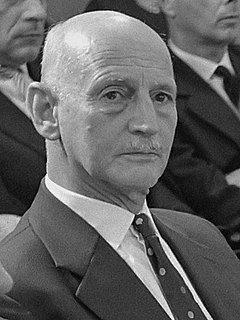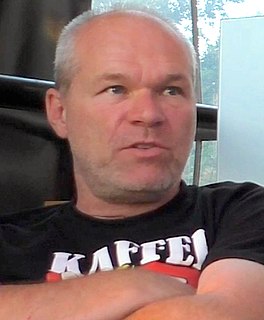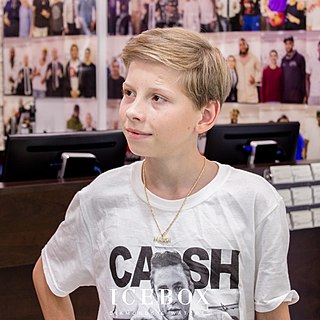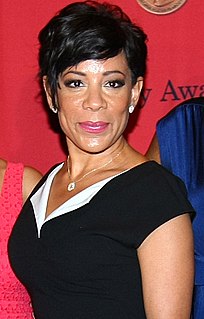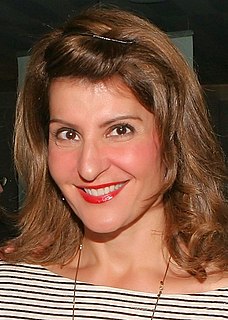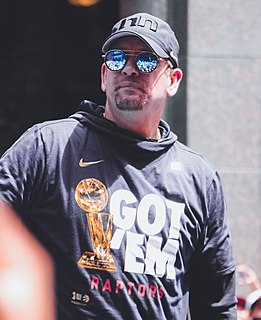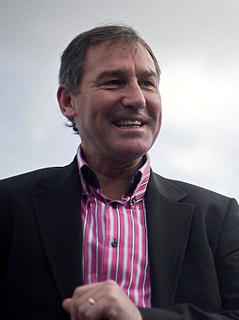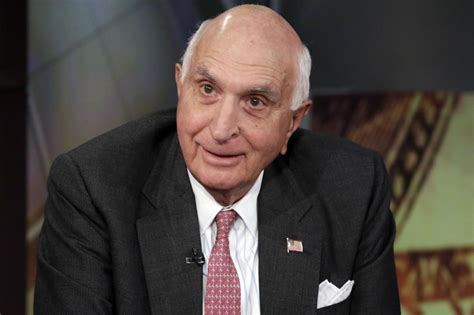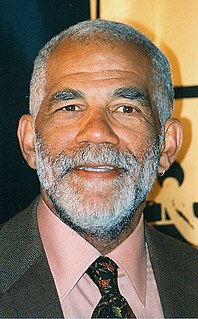A Quote by Ken Moelis
I worked at Drexel Burnham and DLJ, and then I worked at a financial conglomerate that had 60,000 people - there was a difference. But we went to the schools and said it's the same. The experience I had in 1992 is exactly what you're going to get in 2002.
Quote Topics
Related Quotes
One day in Auschwitz I became so dispirited that I couldn't carry on. They had given me a beating, which wasn't exactly a pleasant experience. It was on a Sunday, and I said: 'I can't get up'. Then my comrades said: 'That's impossible, you have to get up, otherwise you're lost'. They went to a Dutch doctor, who worked with the German doctor. He came to me in the barracks and said: 'Get up and come to the hospital barracks early tomorrow morning. I'll talk to the German doctor and make sure you are admitted'. Because of that I survived.
I believe in God. I got down on my knees and I said, 'I get it. If this isn't for me, then it isn't for me.' And then a week later, I started working. I worked on 'The Following,' I worked on 'Elementary,' I worked on a pilot and then I got 'Orange.' So literally from that moment of deep surrender, that's when you're blessed.
So Americans do want their presidents, by and large, you want them to be people who get things done and have experience. That's going to be Trump's big disadvantage going into this election, because people are going to be looking back and saying, we've got the guy without the experience who said the things that sounded good. And guess what? That hasn't worked out for us too well.

